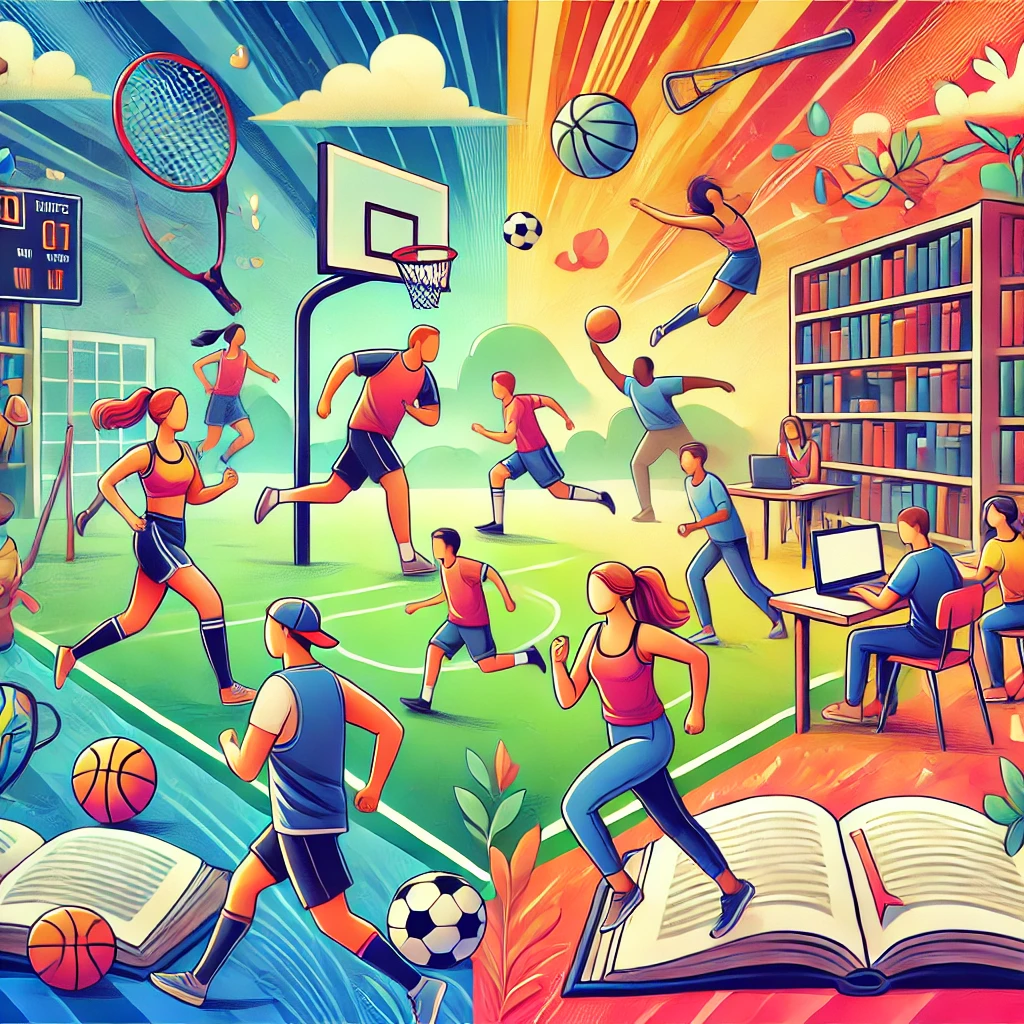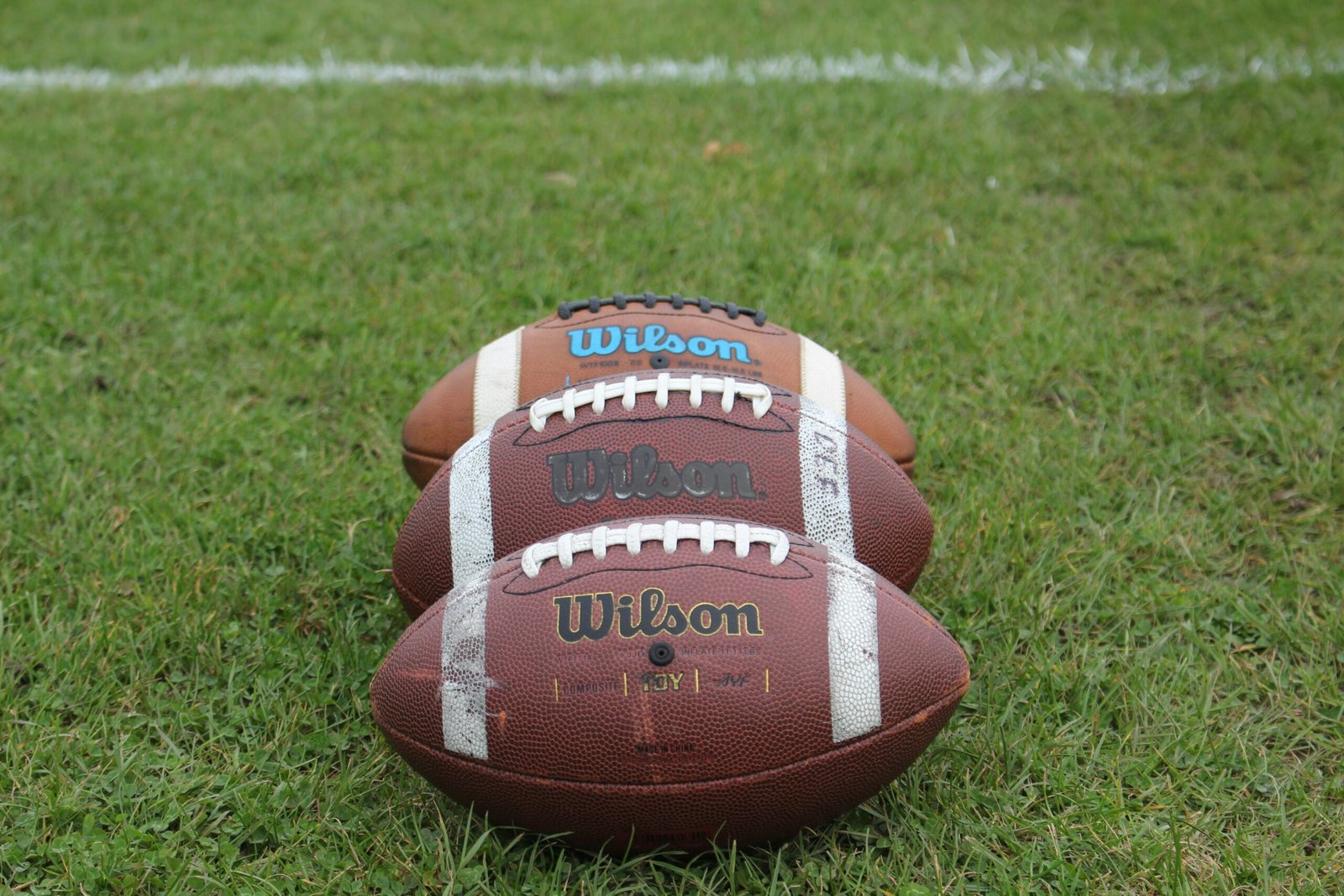Sports play a vital role in shaping the lives of students, influencing their physical, mental, and academic growth. While many view sports as merely extracurricular activities, their impact goes far beyond the playing field. This article delves into how sports positively affect academic performance by fostering motivation, enhancing skills, ensuring fitness, and preparing students for a better future.
The Link Between Sports and Academic Motivation
Motivation is a key driver of success in academics. Participating in sports instills a sense of purpose and goal-setting, which often transfers to academic endeavors.
Building Discipline and Time Management
Student-athletes are required to manage their schedules effectively to balance training, games, and studies. This discipline in organizing time fosters a strong work ethic, helping them complete assignments, prepare for exams, and engage in active learning.
Encouraging a Growth Mindset
Sports often involve challenges, failures, and learning opportunities. Students engaged in sports develop resilience and a growth mindset, believing that their abilities can improve with effort. This mindset is critical for academic achievements, especially in subjects that require perseverance, such as mathematics and science.
Skill Development Through Sports
Sports cultivate a variety of skills that directly or indirectly contribute to academic success.
Improved Cognitive Abilities
Engaging in physical activities boosts brain function. Exercise increases blood flow to the brain, enhancing memory, concentration, and problem-solving skills. This is particularly evident in students who show improved performance in analytical and reasoning tasks.
Teamwork and Collaboration
Many sports are team-based, teaching students how to work collaboratively. This skill is essential in group projects, classroom discussions, and professional settings later in life.
Leadership Qualities
Sports provide a platform for students to take on leadership roles, whether as team captains or mentors. These experiences build confidence, decision-making abilities, and communication skills, all of which contribute to better academic performance.
Fitness: A Cornerstone of Academic Success
Physical fitness is integral to a student’s overall well-being and academic potential. Let’s explore how fitness directly impacts academic performance.
Improved Physical Health
Physical activity helps maintain a healthy weight, strengthens muscles and bones, and reduces the risk of chronic illnesses. A healthy body supports a healthy mind, ensuring students can focus better on their studies.
Enhanced Mental Health
Exercise is a proven mood booster. It reduces symptoms of anxiety and depression, providing students with the emotional stability needed to excel in academics. Endorphins released during exercise improve mood and reduce stress, creating an ideal environment for learning.
Better Sleep Patterns
Sports encourage better sleep habits, as physical exertion leads to deeper, more restorative sleep. Adequate rest is essential for cognitive function, memory retention, and overall academic performance.
Sports as a Pathway to Future Success
The benefits of sports extend beyond school years, shaping a student’s future in significant ways.
Preparation for the Workforce
Sports teach invaluable life skills such as perseverance, teamwork, and adaptability, which are highly valued in the workplace. Employers often seek candidates with these qualities, giving student-athletes an edge in the job market.
Opportunities for Scholarships
For many students, excelling in sports opens doors to scholarships and admissions to prestigious institutions. This financial support can significantly reduce the burden of higher education costs.
Networking and Connections
Being part of sports teams often creates lifelong bonds and networks. These connections can provide career opportunities and mentorship, benefiting students in the long run.
Conclusion
Sports profoundly impact academic performance positively by fostering motivation, building essential skills, promoting fitness, and preparing students for future success. The discipline, teamwork, and resilience learned through sports contribute to a well-rounded education, enhancing both academic and personal growth.
For students, schools, and parents, encouraging participation in sports is not just about winning games but about unlocking potential and ensuring holistic development. Let sports be the game-changer in achieving academic excellence!





